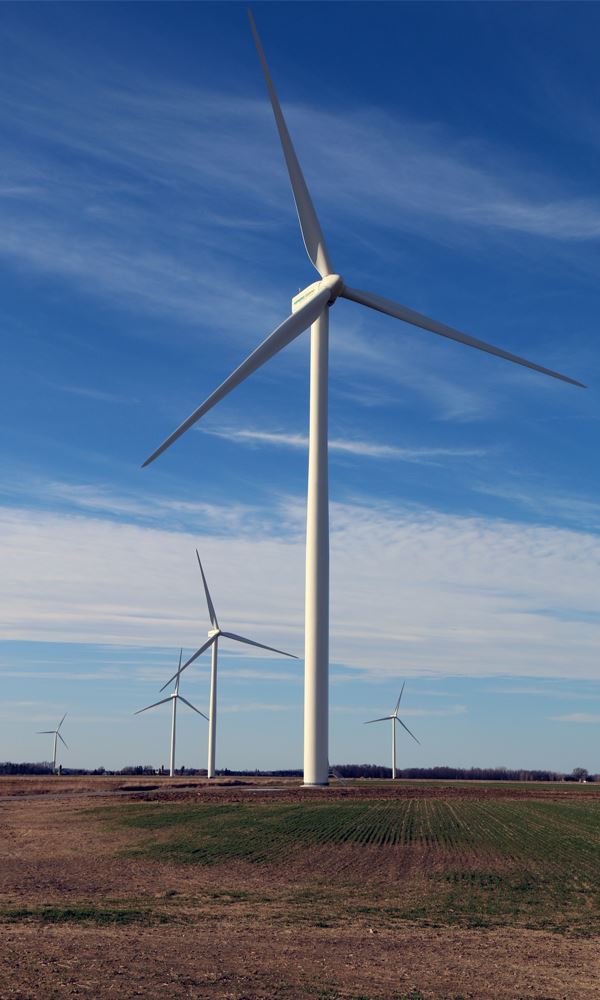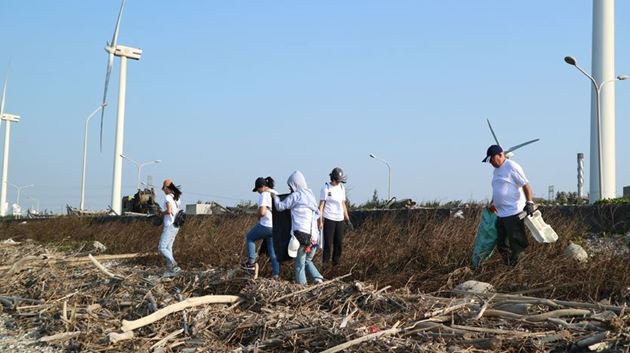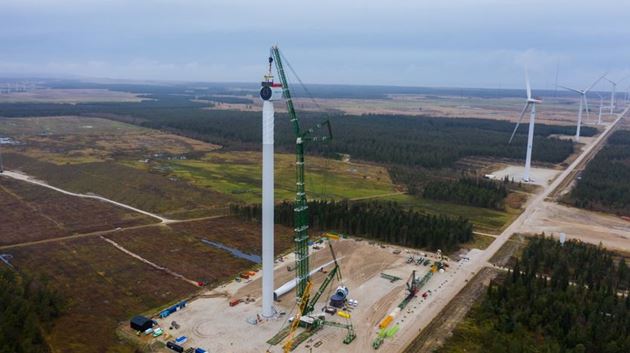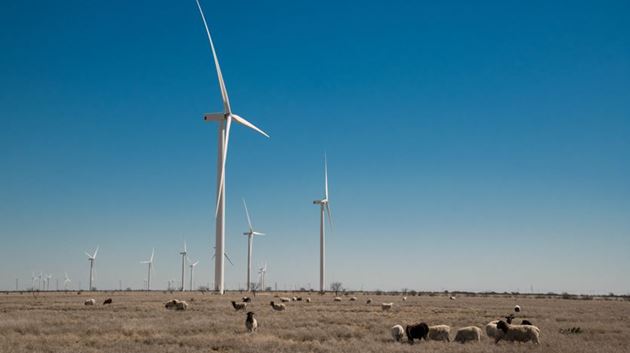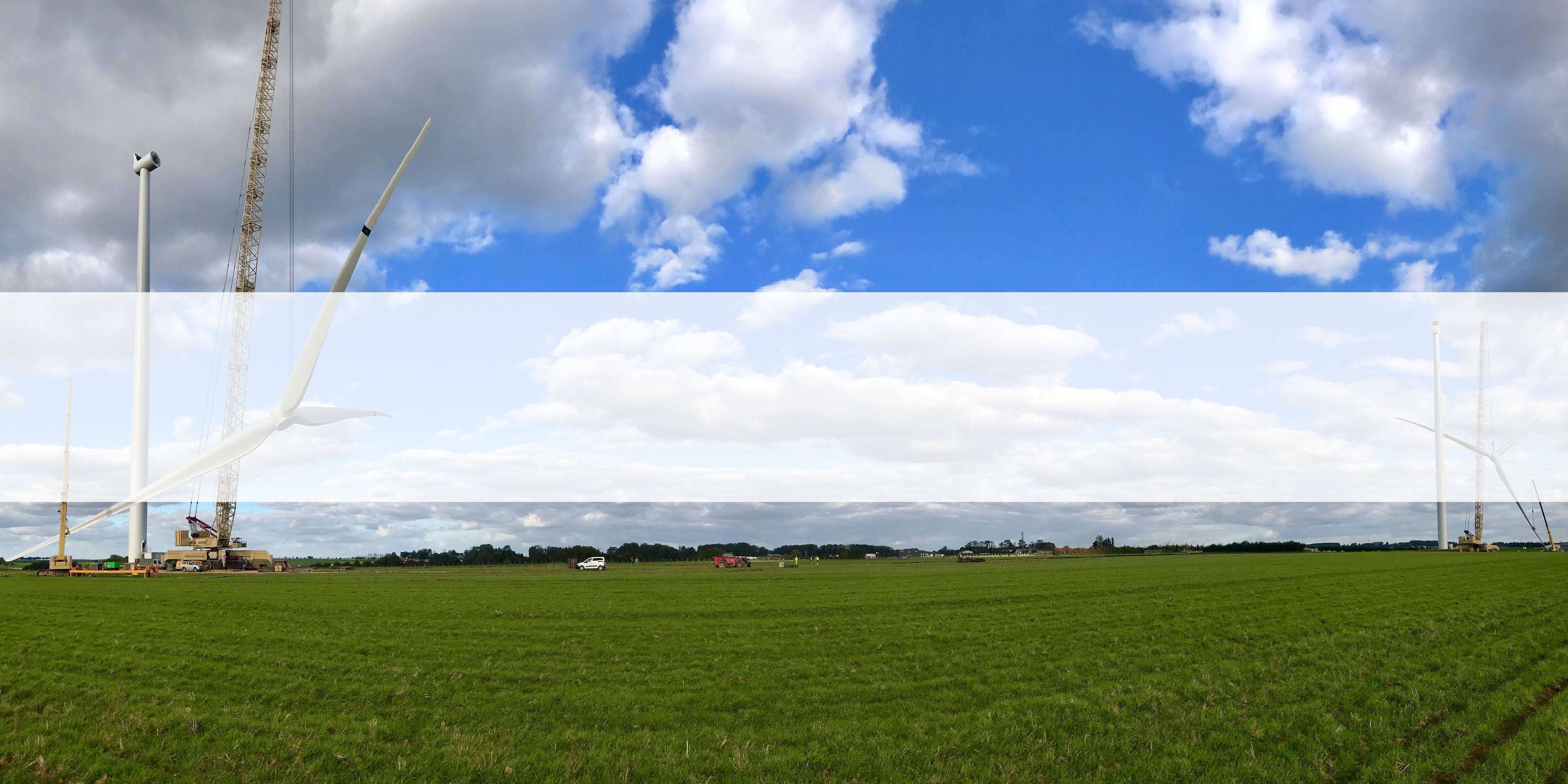
Energy transition in France : the wind of change
In the middle of February, a few days before storm Ciara passed through the Northern France and wind power in France broke production records, the renewable energy industry held its 21st annual meeting at UNESCO House in Paris.
It was an opportunity to take stock of more than 20 years’ renewable energy development in France and to chart the course for the next 20.
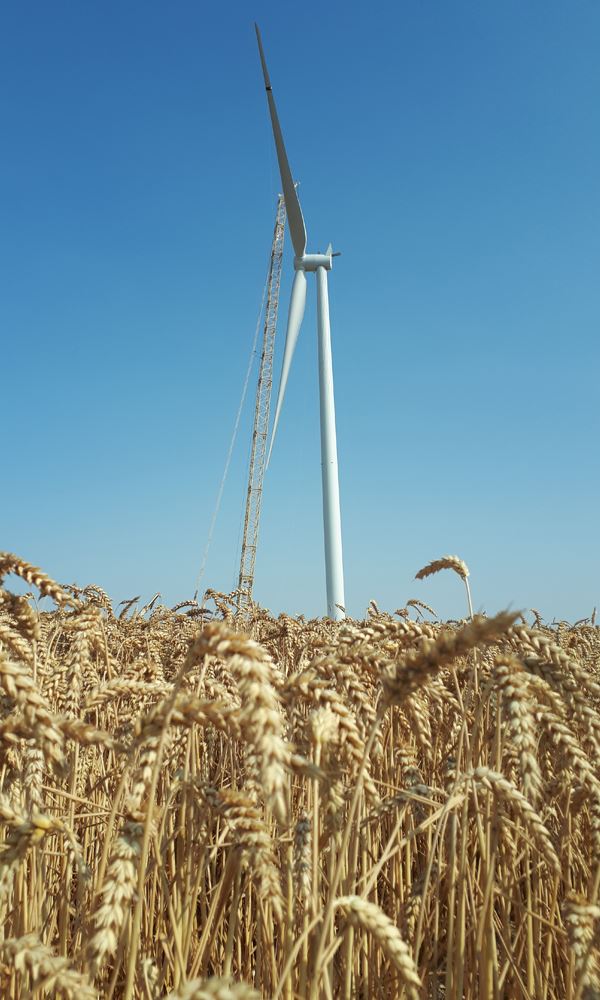
France has undertaken clear renewable energy targets pushed by an ambitious EU policy. It is in this context that the solution of renewable energy is becoming increasingly attractive. Successive technological development increases in reliability and predictability of production, coupled with a spectacular drop in cost, have enabled renewable energy to be reconsidered by the French public authorities as a sustainable solution, and a legitimate player in the national energy mix.
"It is true that in wind energy, France has a huge potential, which is today under exploited. In onshore it is the second largest country in Europe in terms of surface area and has very diversified wind regimes; in offshore where France can count on nearly 75 GW of wind deposits on four sea fronts, including development opportunities with floating offshore wind," explains Frédéric Petit, Business Development Director at Siemens Gamesa France. "In short, France's geographical location could transform this country into a real leader in renewable energies," he adds.
The French government is indeed beginning to realize the tremendous potential of renewable energy. According to WindEurope, France’s total wind capacity is 16.6 GW compared with 25.8 GW in Spain, 61.3 GW in Germany and 23.5 GW in the UK. In order to catch up with other European countries and meet EU targets, France has committed to massively develop its electricity production from renewable sources in particular; solar, onshore and offshore wind power.
For onshore wind power, France plans to develop 1.8 GW of new capacity each year (excluding repowering) and 1 GW per year for offshore wind.
"Although France is still not yet taking full advantage of its potential given its ambitions, it is nevertheless important to stress that with this trajectory it is positioning itself as one of the drivers of the energy transition in Europe for the next decade," stresses Filippo Cimitan, Managing Director for Siemens Gamesa.
It is no coincidence that Siemens Gamesa is going to carry out the most ambitious industrial project in the history of renewable energy, in France. An offshore wind turbine manufacturing plant in the Port of Le Havre covering the production of blades, nacelles and generators as well as an installation quay and a complete logistics zone to serve the future French market and some European parks. This will create around 750 jobs for an industrial basin in crisis - which will very soon be closing its coal power station. For Filippo, "It's quite a symbol! Our project will represent the energy transition in France made of sustainable job creation, reindustrialization and development of local know-how.”
There is also a challenge regarding technology. According to Gilles Bouder, Head of Sales Onshore, "right now, regulations are not always adapted to the technological realities, which can limit France's ability to have the latest equipment and innovations.” According to Gilles, "Some constraints could be removed while maintaining the same standard of environmental and public health requirements; this will enable France to improve the performance and competitiveness of its onshore wind parks."
France is today a giant in renewable energy that it is not yet aware of. With structural, regulatory and procedural reforms, as well as continuity in the ambition and effort to deploy renewable energy, France will become a driving force in the energy transition in Europe and will be able to continue decarbonising its electricity system.
As the French Prime Minister recently said, doing all this is: "good for the price of electricity, good for our industry and good for our planet!”
